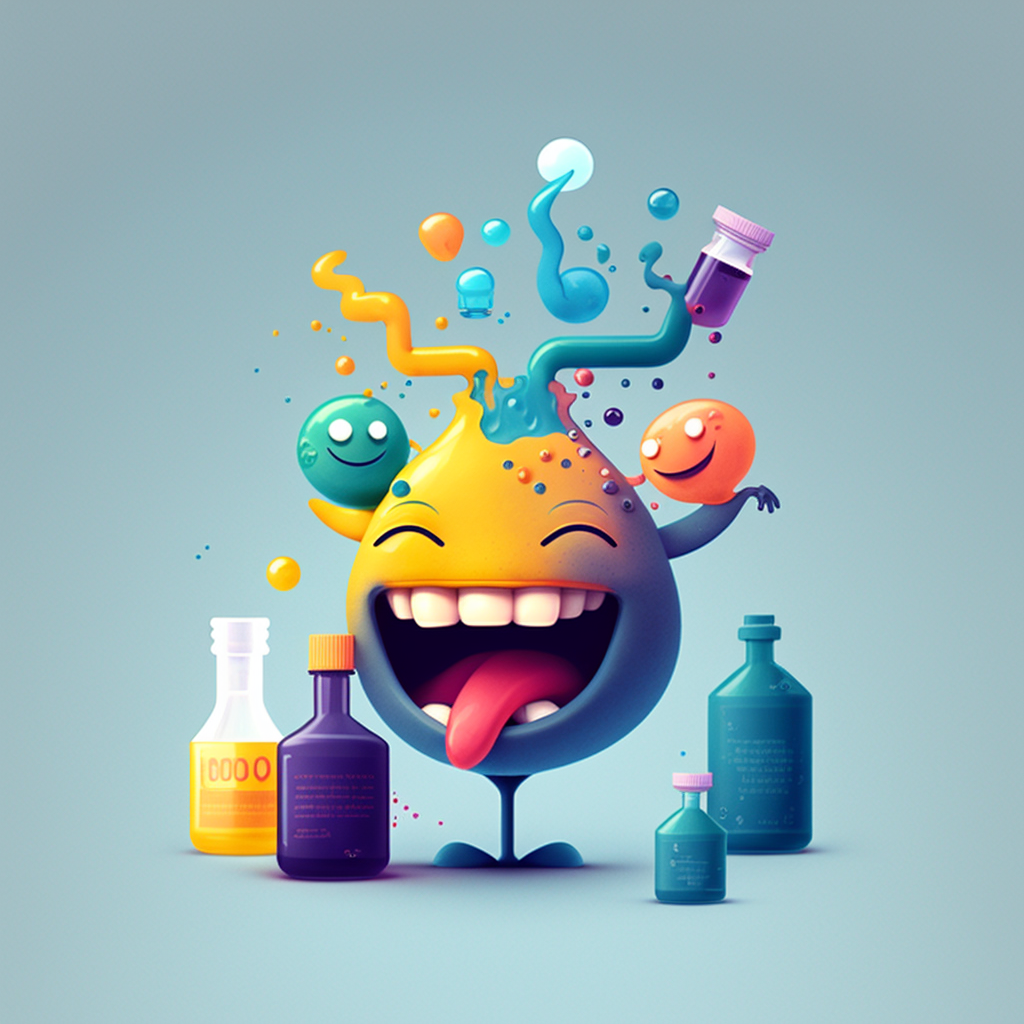Sharing is caring! Help us grow the Strive community!
As humans, we all seek happiness and pleasure. But have you ever wondered what happens in our brains when we experience these feelings? Well, our brains release a chemical called neurotransmitters, which play a significant role in regulating our emotions and mood. There are four main happy brain chemicals that are responsible for making us feel good, and in this blog post, we’ll explore each of them.
I have filmed a full podcast on this topic with my good friend Alan Goodwin, where he gives a fantastic breakdown of all 4 chemicals. The episode is linked with this blog and I would definitely check it out to learn more on how the mind works.
Here is a short overview of each chemical and why they are so important:
- Dopamine:
Dopamine is often called the “reward” chemical, as it is released when we achieve a goal, receive recognition, or experience something pleasurable. It’s also the brain chemical responsible for motivation and concentration. Dopamine is produced in the midbrain, and it is associated with feelings of pleasure, reward, and satisfaction. When we accomplish a task, whether big or small, our brain releases dopamine, which makes us feel good and encourages us to repeat the behaviour. However, too much dopamine can lead to addiction and obsessive behaviour.
- Serotonin:
Serotonin is another brain chemical that plays a significant role in regulating mood and emotions. It is primarily produced in the gut, but it also exists in the central nervous system. Serotonin is associated with feelings of happiness, calmness, and relaxation. It is released when we feel loved, appreciated, or when we engage in activities that make us feel good. Serotonin levels can also be increased through exposure to sunlight and exercise. Low serotonin levels are often associated with depression and anxiety.
- Endorphins:
Endorphins are a natural painkiller and mood booster produced by the brain. They are often called the “feel-good” chemicals as they are released in response to stress or pain. Endorphins are known to reduce stress, enhance mood, and boost immunity. They are produced during exercise, laughter, and even when we eat certain foods. The release of endorphins creates a euphoric sensation that can last for hours.
- Oxytocin:
Oxytocin is often referred to as the “love hormone” or “cuddle hormone.” It’s primarily produced in the hypothalamus and released during intimate physical contact such as hugging, kissing, or holding hands. Oxytocin is associated with feelings of trust, intimacy, and bonding. It can reduce stress levels and anxiety, lower blood pressure, and increase feelings of happiness.
In conclusion, these happy brain chemicals play an important role in regulating our emotions and mood. By understanding them, we can take control of our happiness and improve our mental wellbeing. So, the next time you feel happy, take a moment to appreciate the amazing chemistry happening in your brain!
Thanks for reading,
Matthew.


